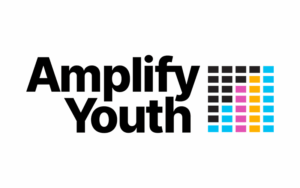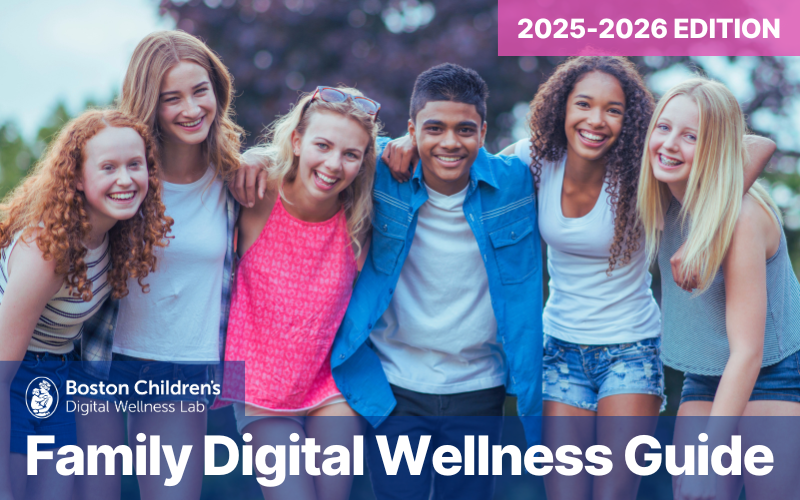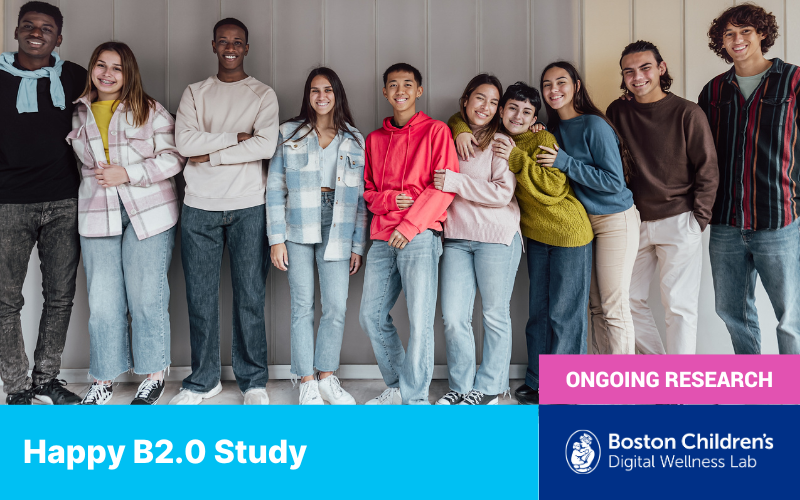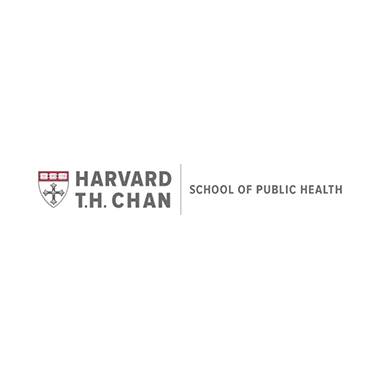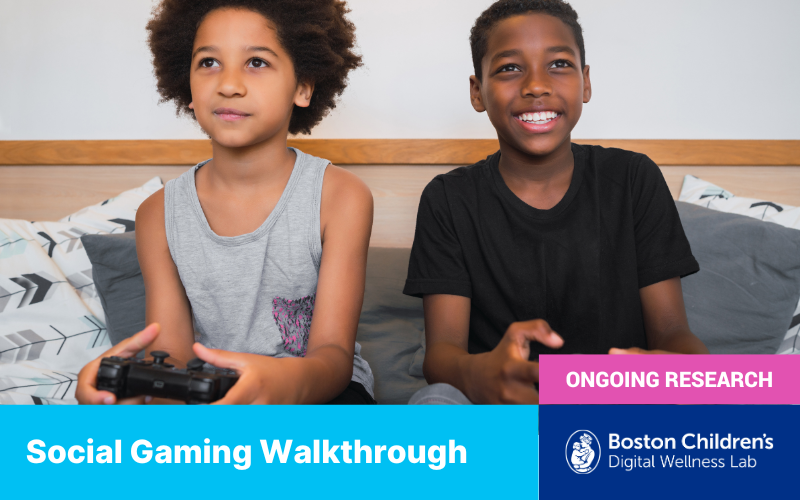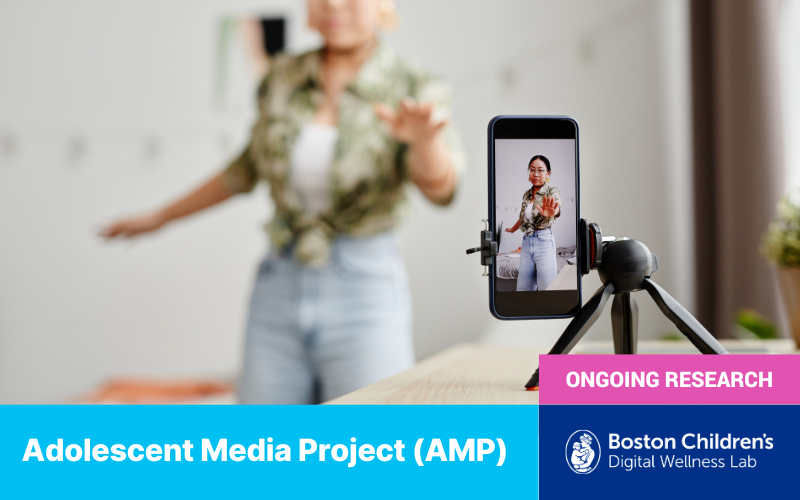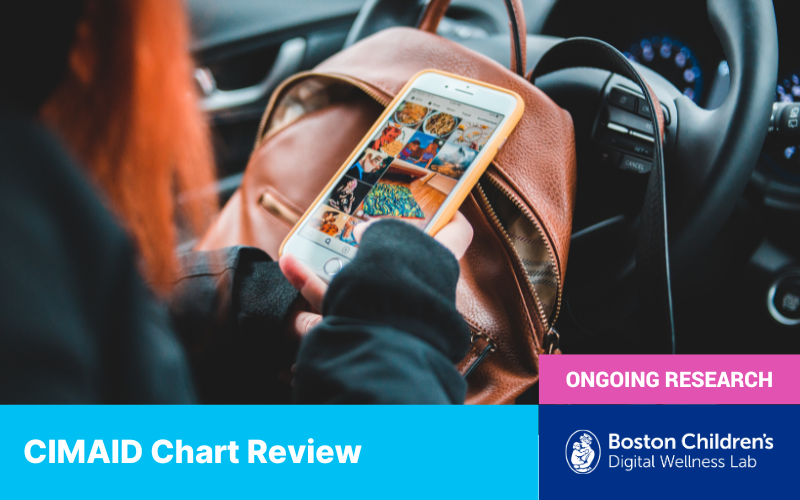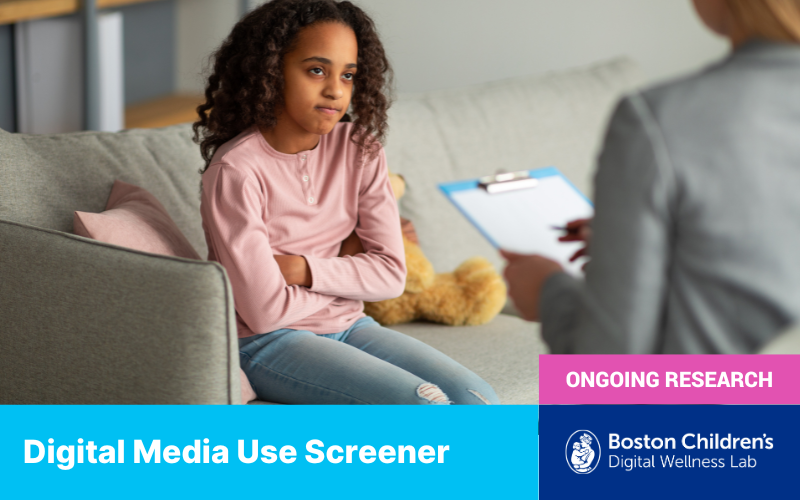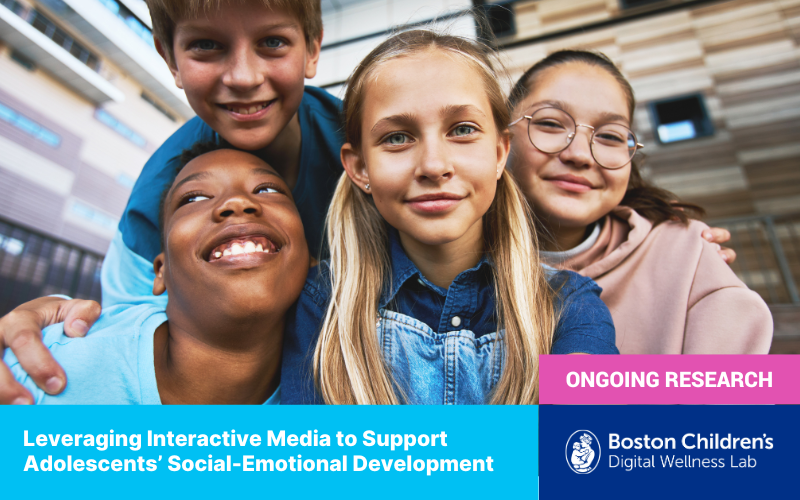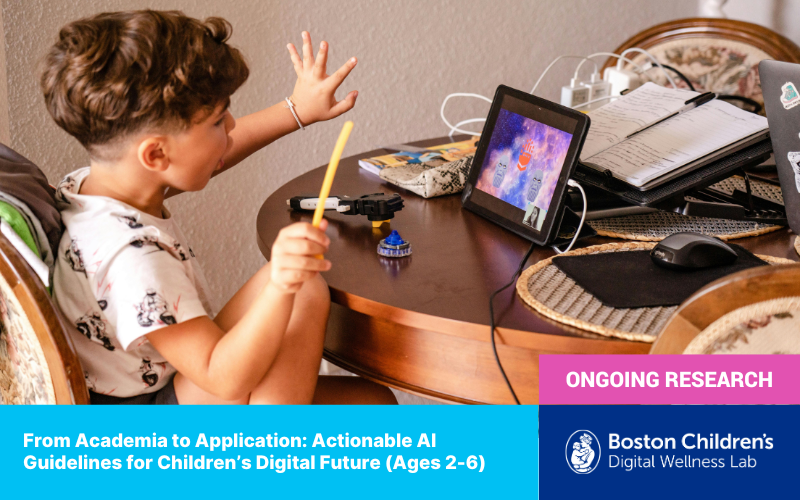Project Name
Happy B2.0 Study
Areas of Focus
Social, Emotional and Mental Health
Duration
2 years (2024-2025)
Collaborators
Faculty Leads
Additional Colleagues
- Soumya Mohanty, MBBS, MD, MPH, Harvard T.H. Chan School of Public Health
- Sam Schwamm, MA, Digital Wellness Lab
- Nicole Powell, MSW, Digital Wellness Lab
Disclosure
Funded by National Institutes of Child Health and Human Development
Overview
The HappyB2.0 study is the natural continuation of the HappyB project in the US context.
HappyB2.0 aims to establish to what extent in-person and online social interactions predict adolescents’ well-being, including happiness and loneliness, using objective indicators of both social media/smartphone use and wellbeing. The study includes an intensive data collection through a smartphone-based application (Avicenna), and the collection of hair cortisol levels as a digital biomarker of stress. In doing so, HappyB2.0 aims to set the ground for future research combining biological and digital information.
Objectives
Our long-term goal is to determine which social media experiences promote adolescents’ mental well-being, defined as the presence of happiness, thriving, and flourishing.
Methodology
This study uses cutting-edge research methods including: Ecological Momentary Assessments (EMAs), trace data, screenshots donation, and a digital biomarker.
Preliminary Findings
Please check back in late 2025 for more updates.
Publications
Please check back in late 2025 for more updates.
For more information about this study, please contact dwl@childrens.harvard.edu.






